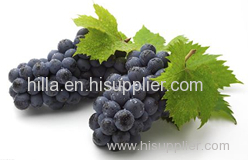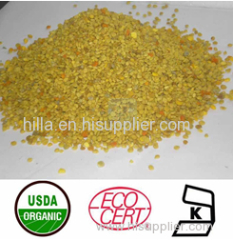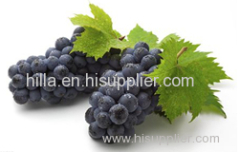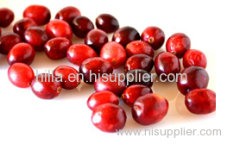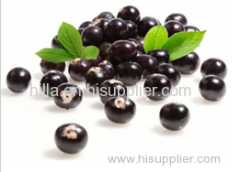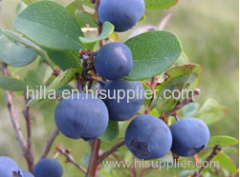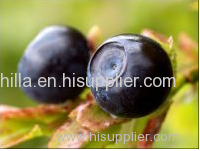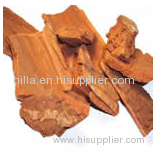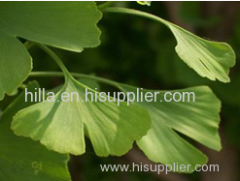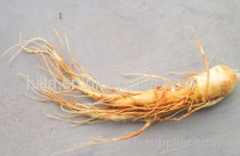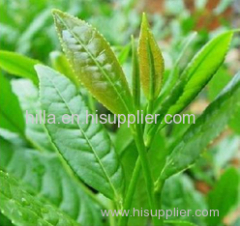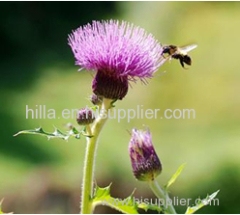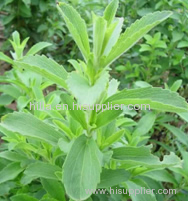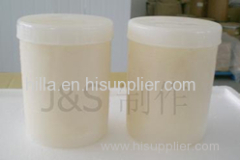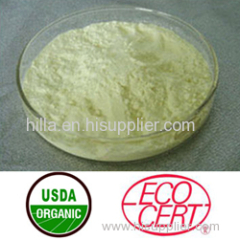|
Ningbo Haishu JS Trading Co.,Ltd.
|
Grape Seed Extract Proanthocyanidin Polyphenol
| Place of Origin: | Zhejiang, China (Mainland) |
|
|
|
| Add to Basket | Add to My Favorites |
| HiSupplier Escrow |
Product Detail
[Product name] Grape Seed Extract Grape Seed P.E.
[Latin Name] Vitis vinifera L.
[Source] It is extracted from grape seeds with no pesticide.
[Product name] Grape Seed Extract£¬Grape Seed P.E.
[Latin Name] Vitis vinifera L.
[Source] It is extracted from grape seeds with no pesticide.
[Specifications]
1) Proanthocyanidins³ 95%, UV
2) Polyphenols 80%-95%, UV
3) Water-Soluble Proanthocyanidins ³ 95%, UV
[Bioactive Ingredients]
[Appearance] Reddish-Brown Find Powder
[Particle size] 80 Mesh
[Loss on drying] £5.0%
[Heavy Metal] £10PPM
[Extract solvents] Ethanol
[GMO Statement] GMO Free
[Microbe] Total Aerobic Plate Count: £1000CFU/G
Yeast & Mold: £100 CFU/G
[Characteristics]
a) It has good solubility in water and ethanol, which could be widely used in capsules, beverage, wine,
cosmetics, cake, and cheese etc.Solvent with water and ethanol only; ensure the safety of the product.
b) The oligomers content is very high; ensure the unit proanthocyanidin's treatment.
c) Low ash, impurity, heavy metal residue is lower than 10ppm, and no pesticide residue.
d) Clinic study has been done onto the rabbits and rats, which proof the grape seed extract has the function
of anti-oxidation, anti-atherosclerosis effect, anti-nonenzyme glycosylation effect etc.
[Shelf life]24 Months
[Package] Packed in paper-drums and two plastic-bags inside. Net weight:25kgs/drum.
[Function]
Grape seed components may be active against HIV by inhibiting virus expression and replication.
Preliminary research shows that grape seed extract may have other possible anti-disease properties, as follows:
1. In wound healing -- grape seed proanthocyanidins induced vascular endothelial growth factor and accelerated healing of injured skin in mice;
2. In tooth decay --
seed phenolics may inhibit oral sugar metabolism and retard growth of certain bacteria causing dental caries;
3. Grape Seed Extract in osteoporosis -- grape seed extracts enhanced bone density and strength in experimental animals;
4. In skin cancer --
grape seed proanthocyanidins decreased tumor numbers and reduced the malignancy of papillomas;
5. In ultraviolet damage to skin --
dietary proanthocyanidins may protect against carcinogenesis and provide supplementation for sunscreen protection.

